Egide Harerimana is a Burundian journalist specializing in investigative journalism, data journalism, and fact-checking. He is a passionate advocate for press freedom and human rights.
As the 2025 elections draw near, political parties in Burundi are in a frenzy of activity, assembling candidate lists for Parliament, municipal councils, and neighborhood leadership roles. Yet, amid the flurry of political strategizing, one glaring oversight persists: the underrepresentation of youth in the nation’s decision-making bodies. Too often, young members are placed at the bottom of electoral lists, minimizing their chances of winning seats. Burundi’s future depends on correcting this imbalance, not tomorrow, but today.
In Burundi, like much of sub-Saharan Africa, the term “youth” typically refers to individuals aged 16 to 35. According to the United Nations Population Fund (UNFPA), 67% of Burundi’s population of 13.1 million is under the age of 25. This demographic reality highlights the paradox: the group that constitutes the majority is glaringly absent from the nation’s leadership structures.
Too often, young people are treated as tools of political convenience. They mobilize support, campaign door-to-door, and sometimes engage in coercive tactics against opponents—all to further the ambitions of party elites. Yet, once elections are over, they are pushed aside, excluded from decision-making bodies. The refrain they hear is always the same: “Your time will come.”
It hasn’t come. And without systemic change, it probably won’t.
Fresh minds matter
The culture of leadership must evolve. Burundian society often equates maturity with age, dismissing young people as inexperienced or immature. This mindset must change. As Pierre Corneille wrote, “For souls nobly born, valor doesn’t await the passing of years.” Burundians themselves say, “Ubuto ntibubuza ubutore kandi ubukuru ntibubuza ubukungu” (Maturity does not depend on age; young people can be wiser than their elders).
The achievements of Prince Louis Rwagasore, who led Burundi to independence at age 29, and Jean Baptiste Bagaza, who assumed the presidency at 30, underscore that age is no barrier to effective leadership.
Today, constitutional restrictions prevent young leaders from rising to the highest offices. Article 98 of the Constitution requires presidential candidates to be at least 40 years old, while Article 184 sets the minimum age for Senate candidates at 35. These restrictions, rooted in cultural notions that equate age with wisdom, are out of step with Burundi’s needs.
As a result, the nation is deprived of the potential contributions of its most dynamic citizens. A visionary 30-year-old today would be barred from leading Burundi, even though leaders like Rwagasore and Bagaza proved that young leaders can unite the country and drive progress.
Today, Burundi faces complex challenges that demand innovative solutions: economic crisis, poor governance, and inefficiency in public institutions. Fresh perspectives and energy are essential to overcome these hurdles. Young leaders are uniquely equipped to deliver them.
Efforts by President Evariste Ndayishimiye to address youth unemployment through initiatives like the Youth Economic Empowerment and Employment Program (PAEEJ) are commendable but insufficient. True change requires structural reforms that elevate youth from participants to decision-makers.
The Constitution must guarantee a minimum level of youth representation in governance, probably like the 30% quota established for women. Political parties, too, must reform their candidate selection processes. Merit, not seniority or loyalty, should guide these decisions.
Tomorrow starts today
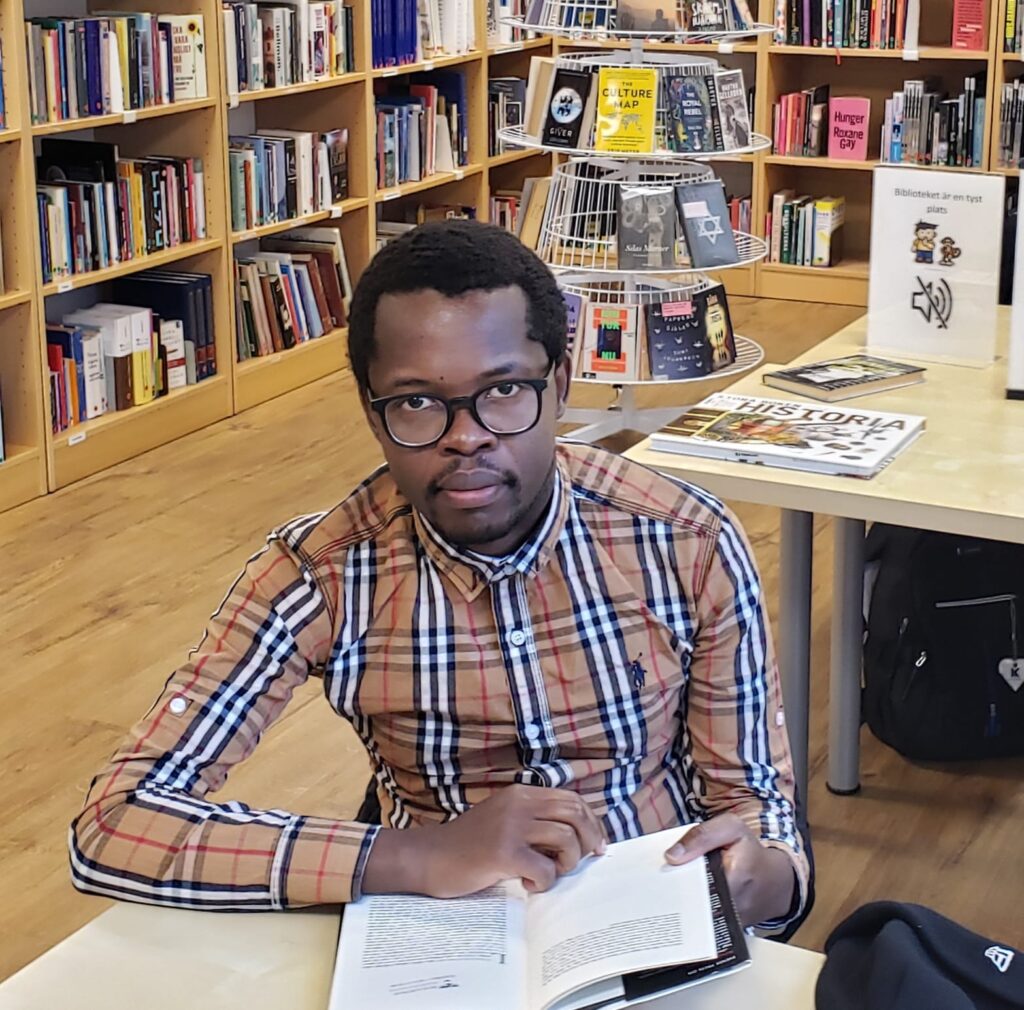
The refrain that youth are “Burundi’s future” rings hollow if they are excluded from shaping its present. Real change requires the full integration of young people into the country’s leadership structures. This is not simply a matter of fairness; it is a strategic imperative.
Youth-led governance could bring energy, innovation, and accountability to public institutions. In Parliament, for example, the presence of more young deputies could lead to sharper debates, stronger oversight of the executive, and laws that better reflect the aspirations of the population. These changes could set the foundation for sustainable development and a brighter future for all Burundians.
The youth of Burundi must unite to demand their rightful place in decision-making bodies. Change will not be handed to them on a silver platter. It must be won through advocacy, activism, and strategic participation in the electoral process.
The time is now. Burundians must recalibrate their political landscape. Let the call for youth inclusion resound in every party office, campaign rally, and polling station. Burundi’s progress depends on it. Entrusting the youth with decision-making responsibilities will lay the foundation for a more inclusive, dynamic, and forward-looking Burundi.

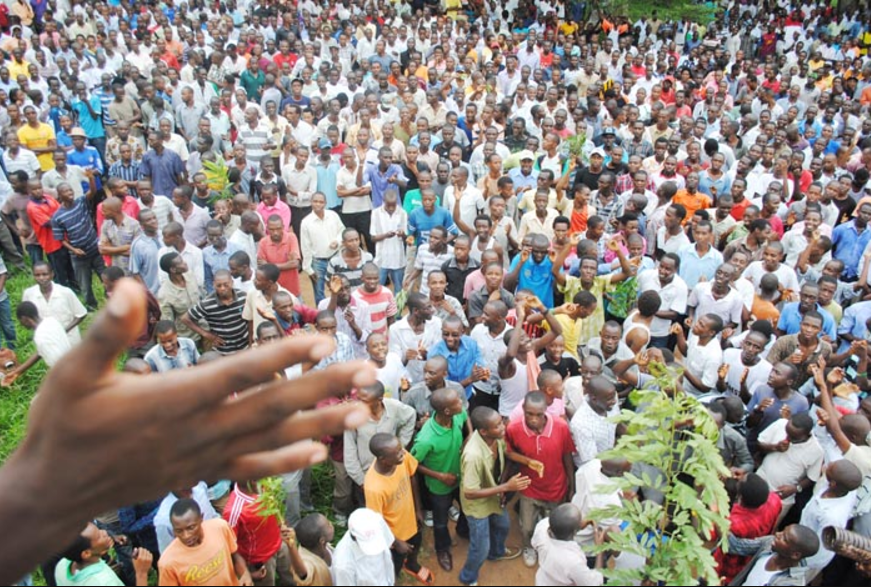

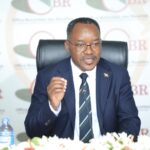
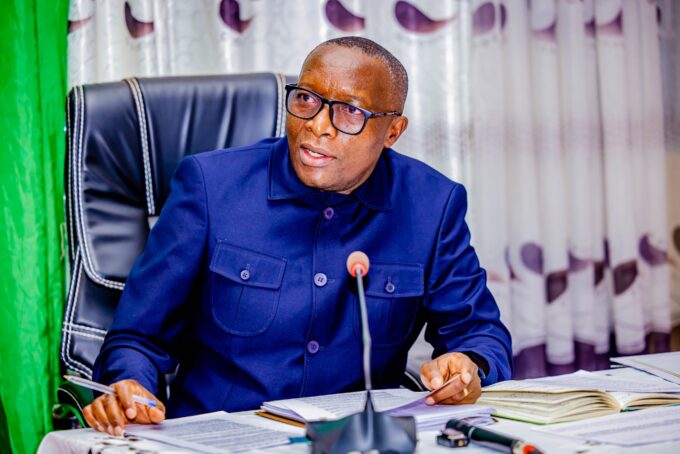
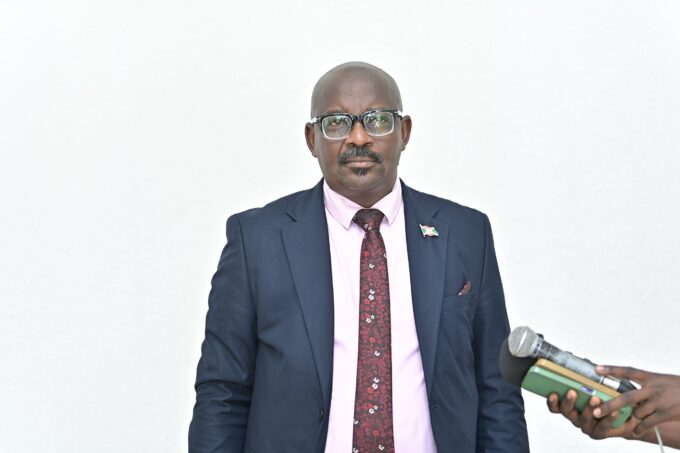
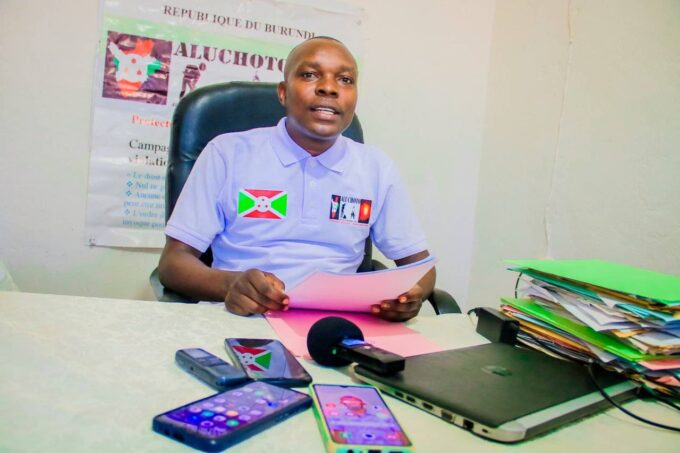
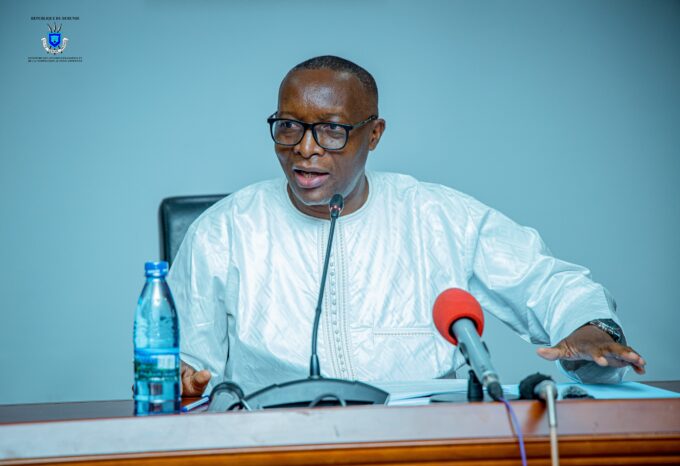
1 Comment